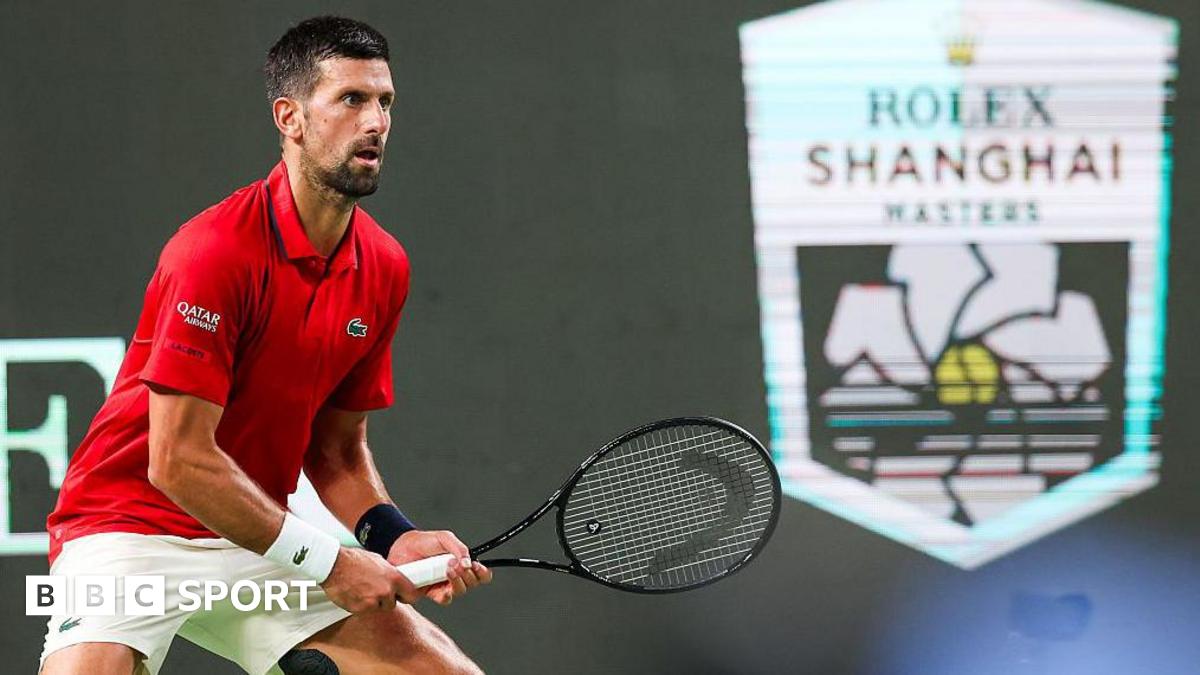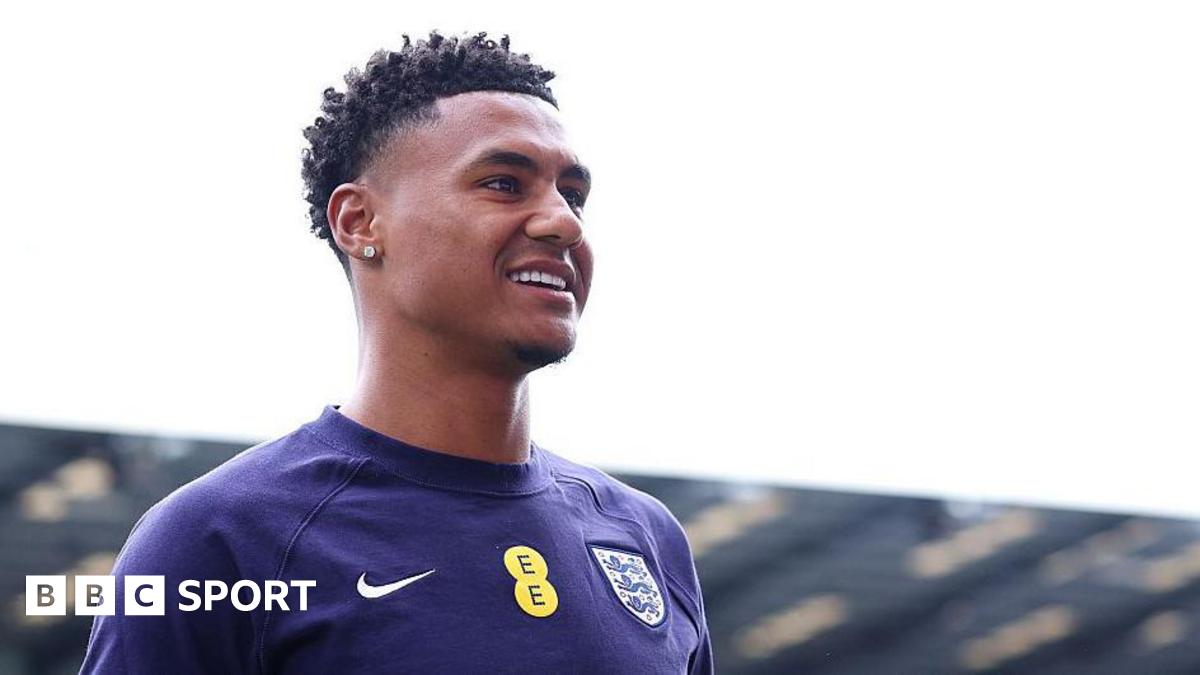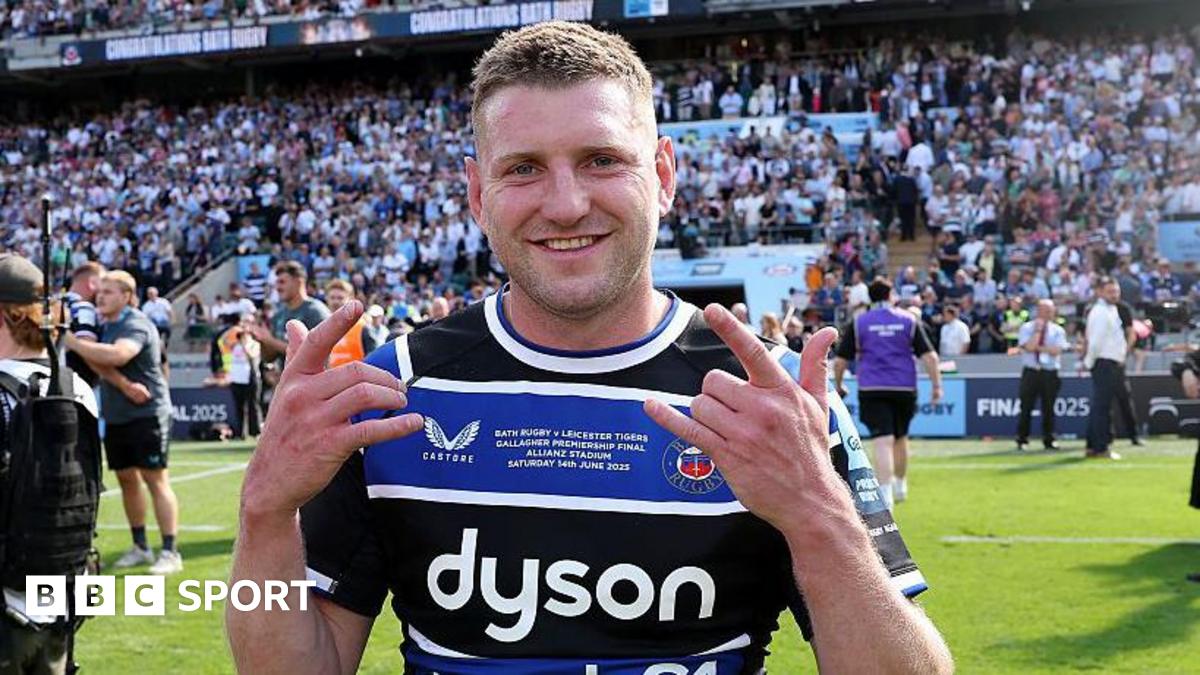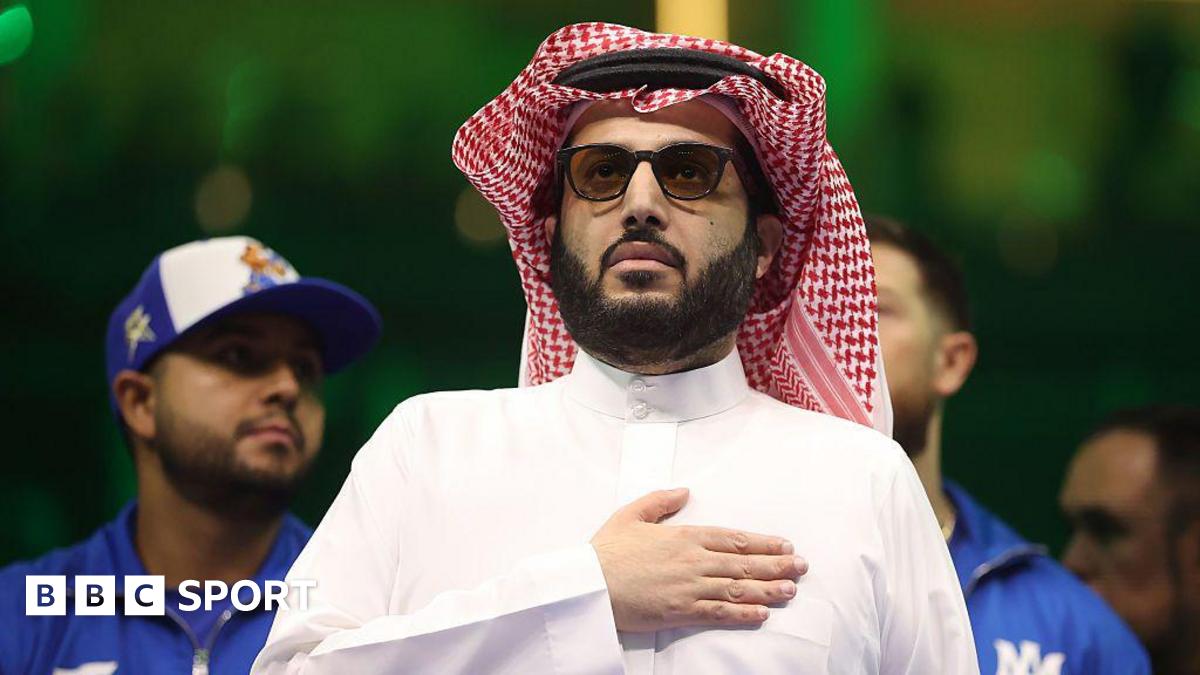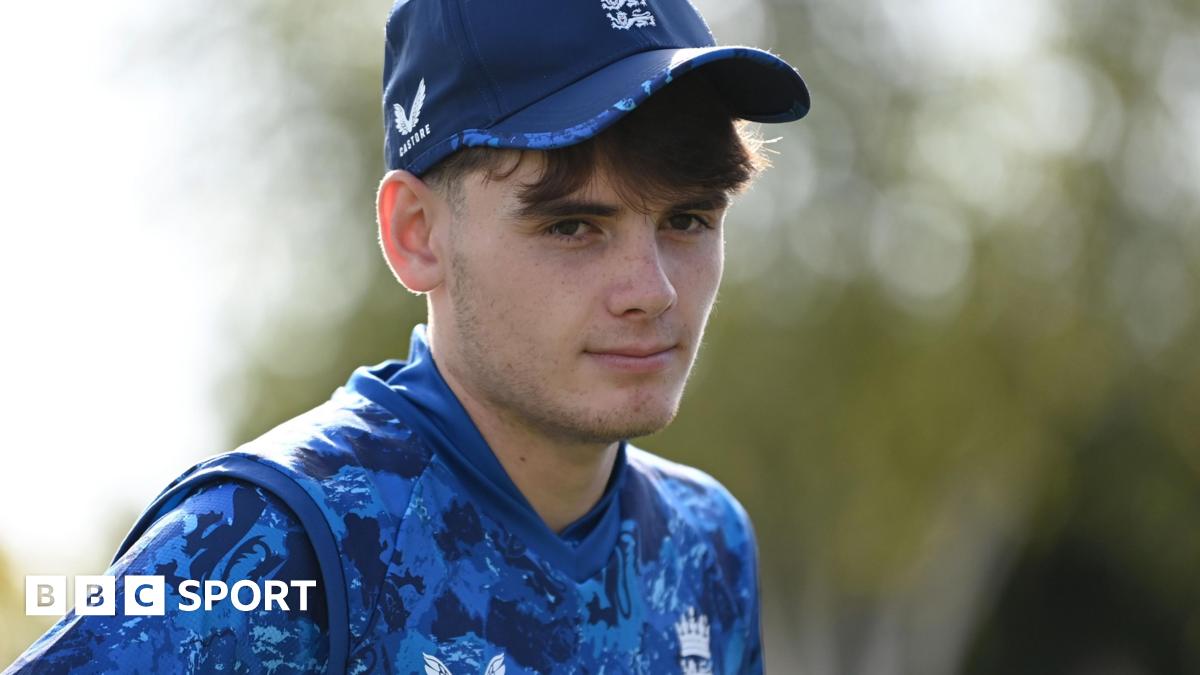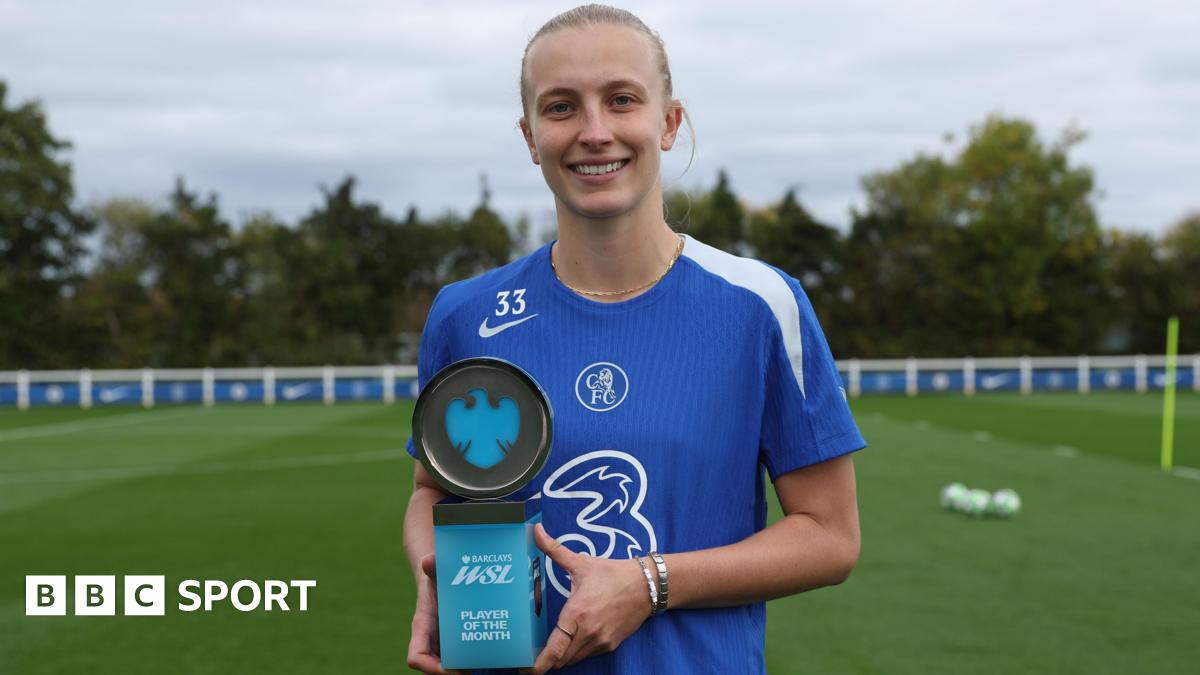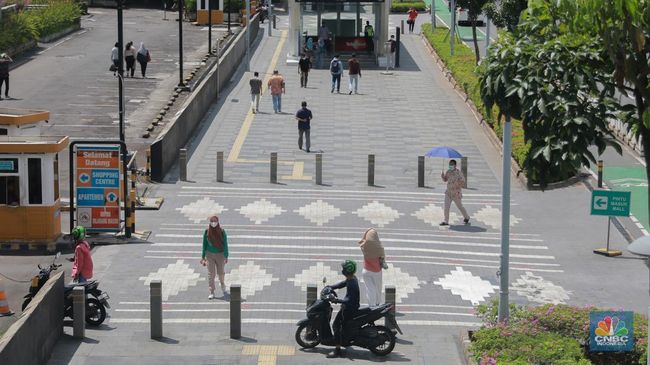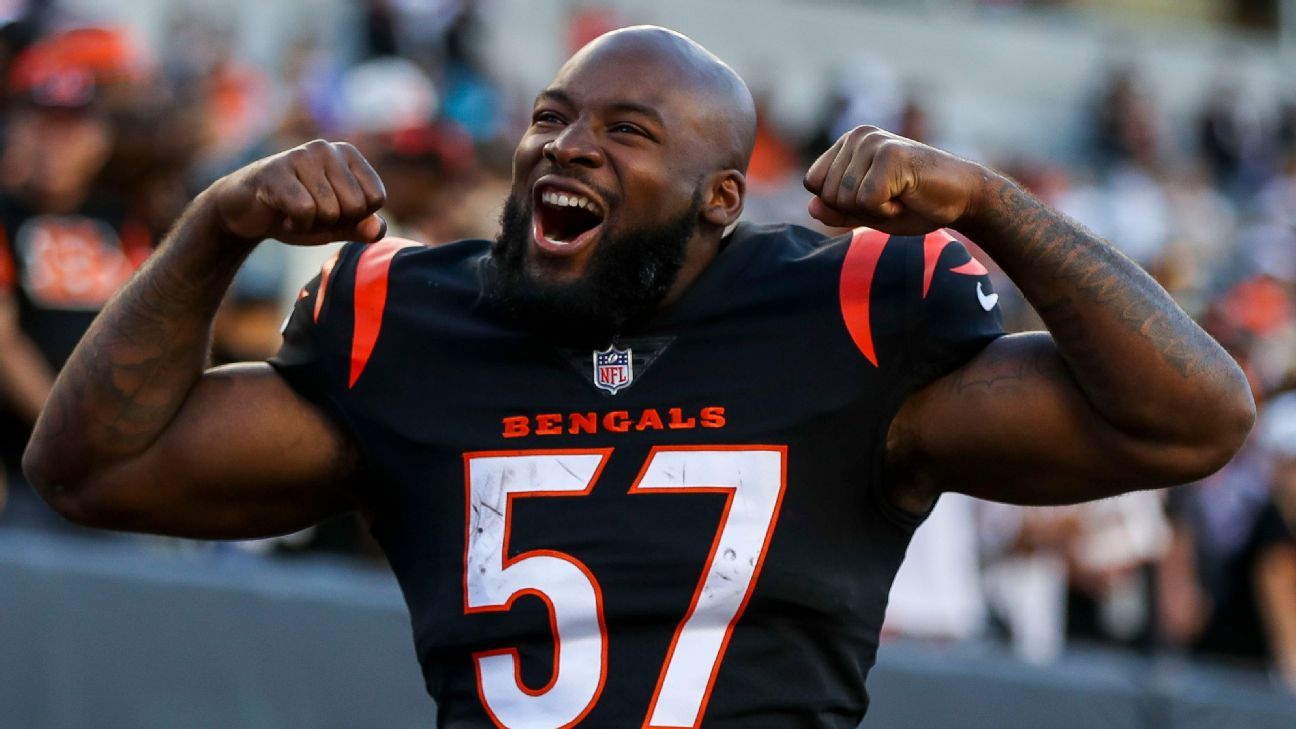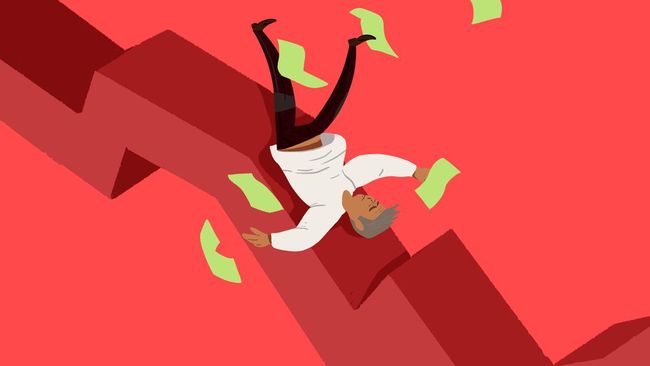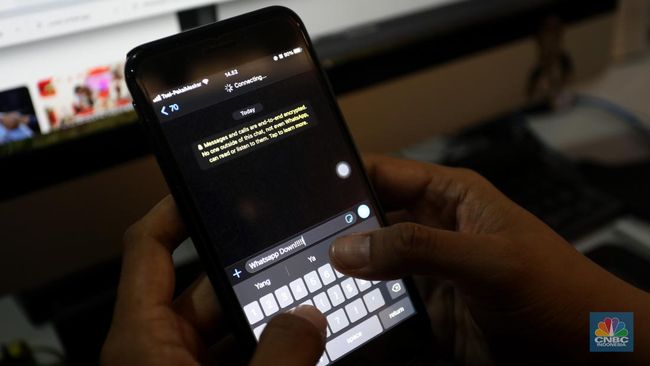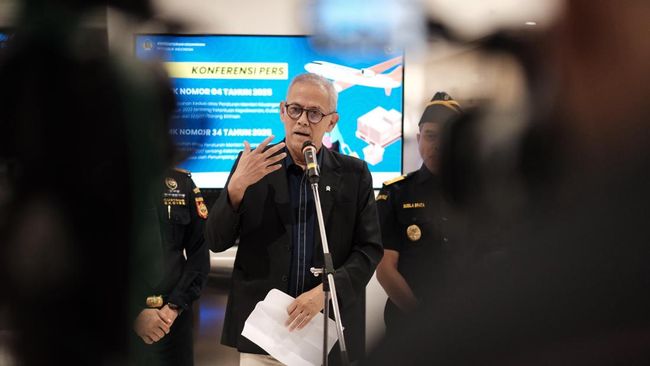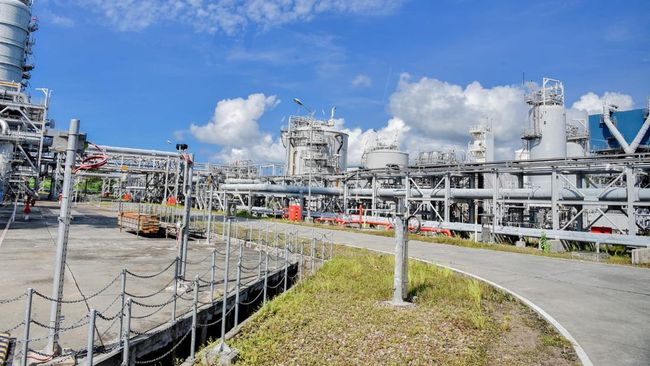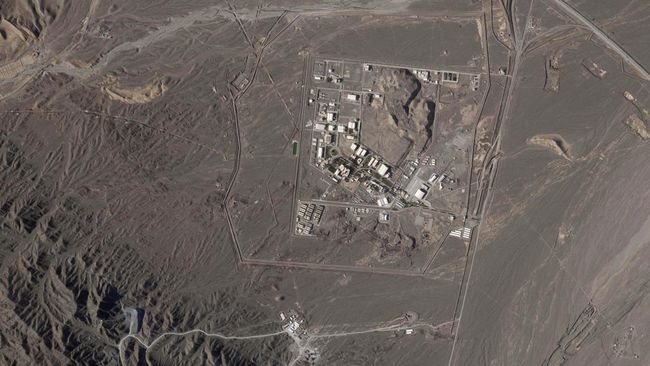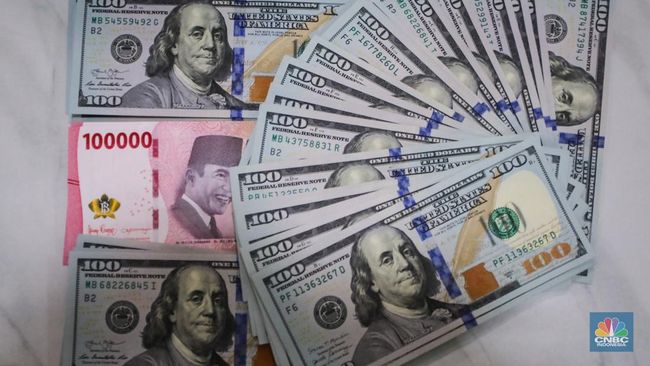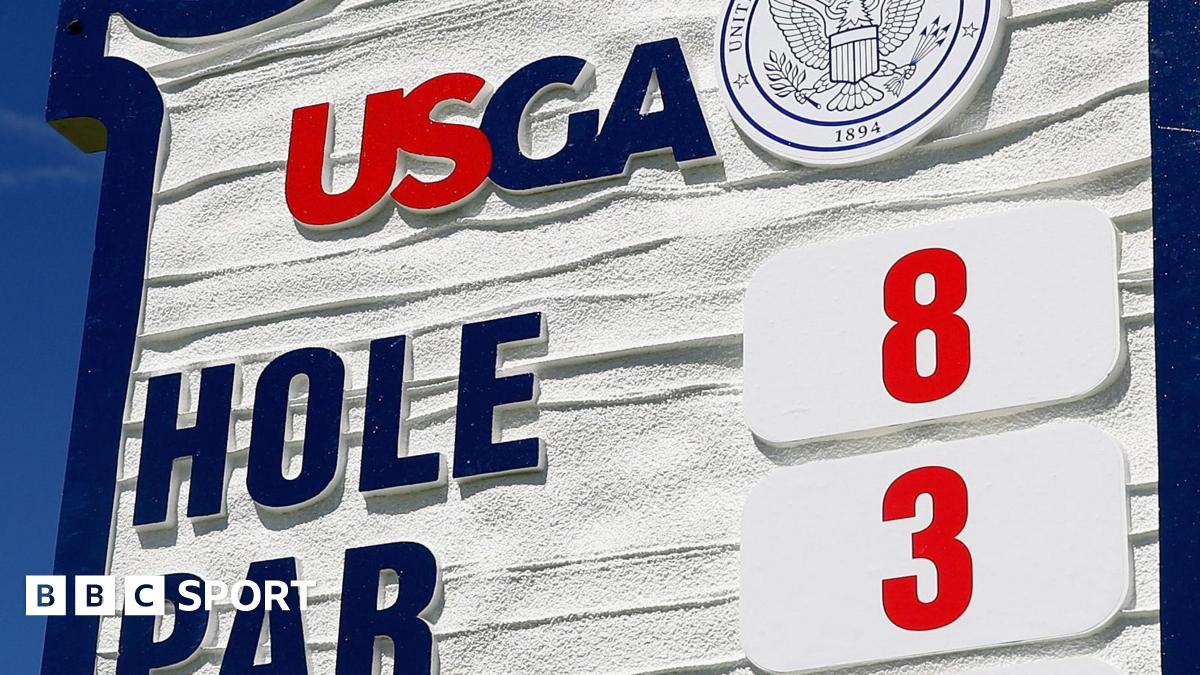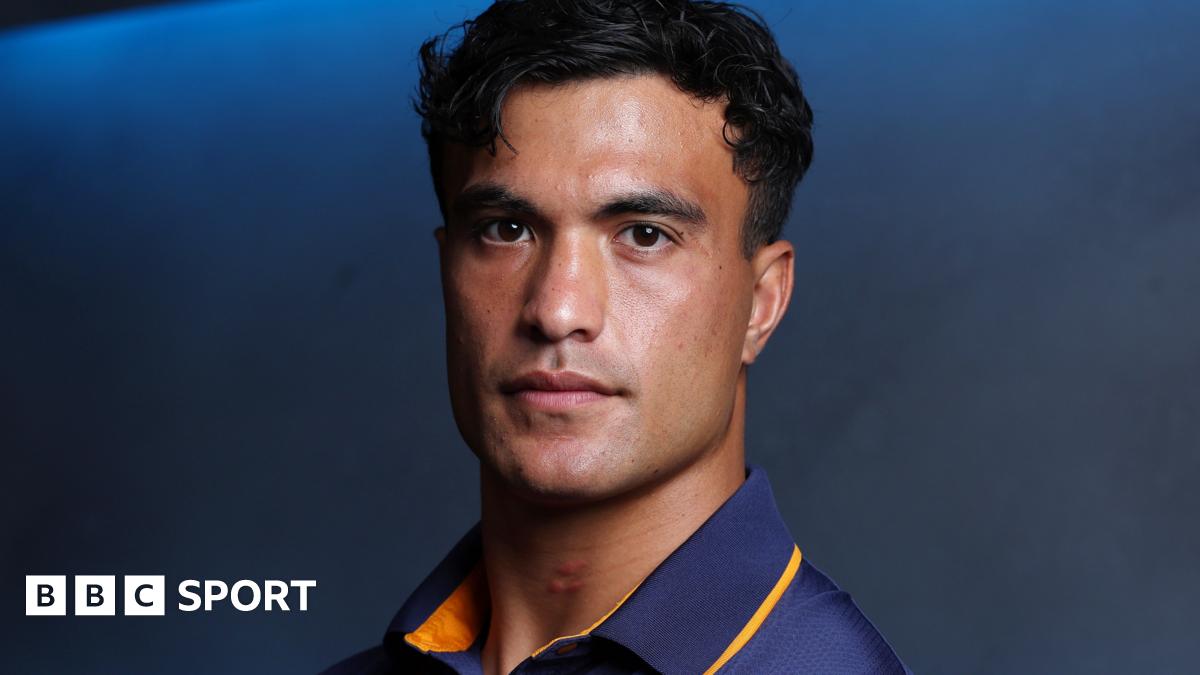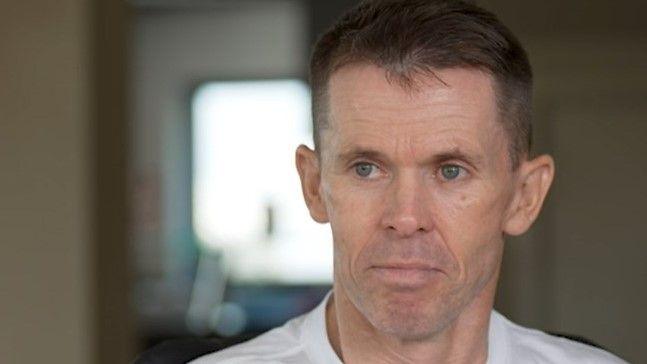 Image source, Racing TV
Image source, Racing TV
Graham Lee rode nearly 2,000 winners in his career
ByFrank Keogh
BBC Sport Senior Journalist
For top jockey Graham Lee, riding horses and winning races was a way of life. But after a fall left him paralysed from the shoulders down, he realised what was truly important.
In a new documentary, the Grand National-winning rider speaks powerfully about life since being unseated from his mount in the starting stalls at Newcastle Racecourse on 10 November 2023.
"I can remember hitting the ground and then I was gone," says the 49-year-old. "The next 12 days I was in the RVI (hospital) in Newcastle and I can remember nothing, probably because of the drugs and medication I was on.
"My heart stopped, I flatlined. The place I went to when I flatlined, I was so relaxed, chilled, calm. When I came back round, there was six doctors and eight nurses round me."
Life would never be the same. Lee suffered severe damage to his spinal cord in the fall, and is in a wheelchair.
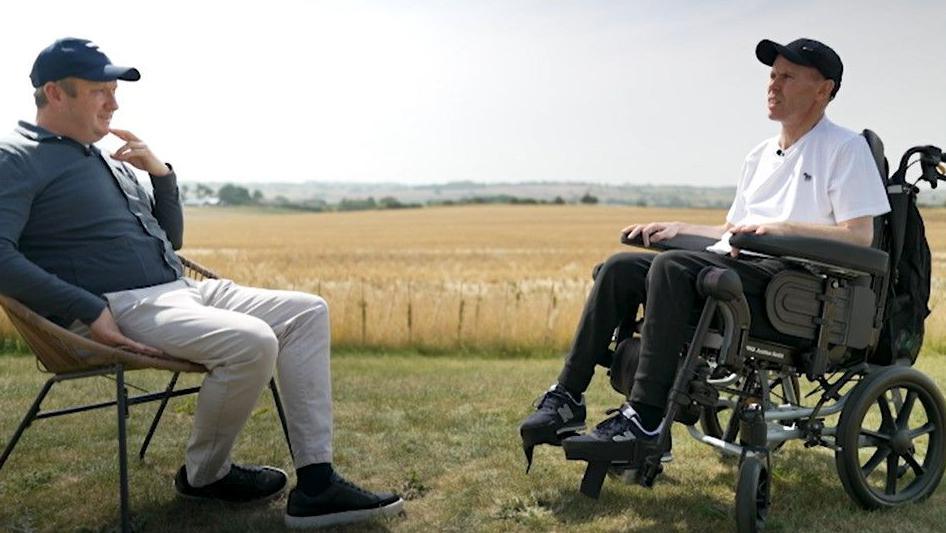 Image source, Racing TV
Image source, Racing TV
Lee's friend Niall Hannity - a broadcaster and former jockey - speaks to him for the documentary
Despite modestly suggesting he had 'moderate' ability, Lee rode Amberleigh House to victory in the 2004 National at Aintree, and was leading jockey at the Cheltenham Festival the following year.
He rode more than 1,000 winners over the jumps before switching to the Flat, and was on target to reach a similar number there, with big victories including the 2015 Gold Cup at Ascot on Trip To Paris.
But he said those triumphs mean little after the accident, as he considers life now with his wife Becky and children Amy and Robbie.
"I don't mean to sound unthankful but I have lots of time to reflect," he tells the Racing TV programme, which will be aired on Sunday.
"I was very fortunate in my career to ride big winners but at the end of the day, it's only horses running around a field.
"I'd give up every winner I ever rode to get up out of this chair and hug my wife and hug Amy and hug Robbie.
"Our lives have changed hugely but I feel more bad for Becks and Amy and Robbie. Poor Becks' life, I've turned it upside down. Obviously I didn't mean to. She's an amazing lady and I've two amazing children, and I'm very lucky to have them."
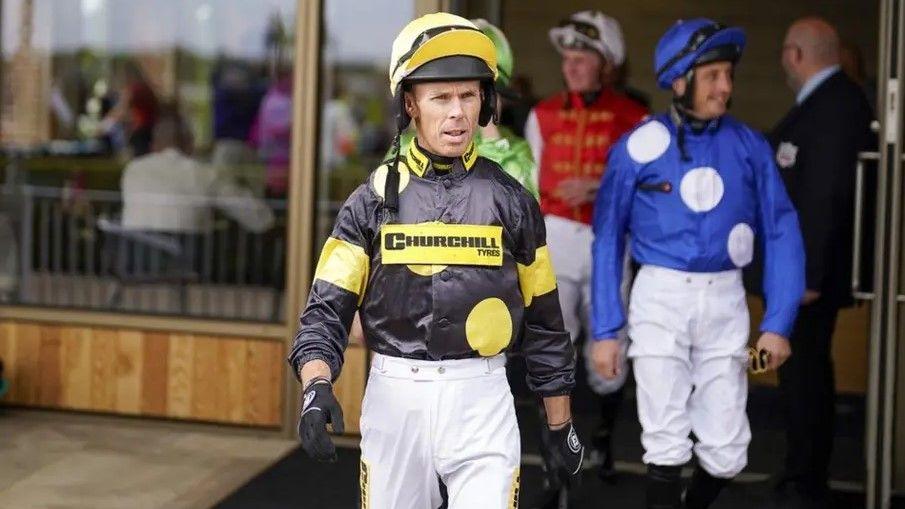 Image source, Getty Images
Image source, Getty Images
Galway-born Lee's riding career spanned more than 30 years, and included wins in the Scottish National, Galway Hurdle and Nunthorpe Stakes
Even when he won the National, Lee was soon thinking about racing the next day.
He wishes he had "lived in the moment" and says the accident has given him fresh perspective.
"I can't reach my ear. I can't reach my forehead. I can't give my wife a cuddle. When Rob plays a football match, I can't put my arm round him and say 'well done kidda' or watch Amy perform in her musical theatre and give her a hug and say 'that was class,'" he says.
"I'm not moaning, it's just made me realise that when I was riding it was the be-all and end-all and I did it to the best of my ability. There's more to life, isn't there?"
Irishman Lee, who is based in North Yorkshire, is grateful for the support he has received from family, friends, colleagues and the Injured Jockeys' Fund (IJF).
"It's been really tough but the help we've had has been incredible," Becky tells the documentary. "Anyone would do it for their partner, the father of their children. The IJF have been here anytime, night and day."
Lee receives physiotherapy and other help at the Matt Hampson Foundation Get Busy Living Centre in Leicestershire. It was set up by former rugby player Hampson, who was also paralysed after an accident.
"Graham is just one of the nicest people in the world and he doesn't understand why people care about him," says Tilly Cumming - the foundation's clinical lead.
"I think it must be something that is very difficult to get your head round, when you are very driven and your job involves a lot of physicality - to have a high-level spinal injury that means all of that is taken away."
Despite being told by a spinal-cord consultant that he will never walk again, Lee remains adamant it could be a possibility.
"Although he could be right, I'm not willing to accept that," he says. "Hopefully science somewhere, some day, sooner rather than later - something will happen."
The irony of being injured on the Flat, when there is a greater risk in jump races, is not lost on the former jockey.
"It's mad. There's no rules, when you think of the falls I took, which every jump jockey gets, and I had a lot of bad injuries," he adds.
"Bones heal, some bad head injuries which all healed, and then you get a fall on the Flat, not even in a race, in the stalls, and I've hit the deck from five feet, and this doesn't heal. And this is what is a complete mind warp.
"It's so difficult for me to get my head around what has happened. I never sat still. But the only good thing to come of my injury is I've met some incredible people, that I've never met before.
"We keep going, we keep hoping something will happen somewhere because if you don't have hope, you've got nothing."

 4 hours ago
1
4 hours ago
1



